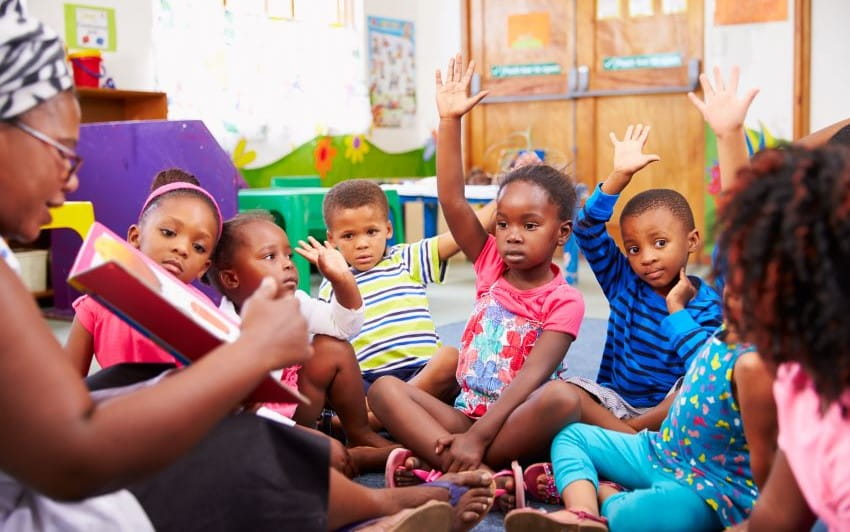What Is the Purpose of Early Childhood Education?
By the time they turn one, a child’s brain will have doubled in size. And then, by age 5, the brain has achieved 90% of its growth.
During early childhood development, the brain acts as a sponge. It can take in information and developmental skills. The brain creates millions of synapses per second throughout early development.
Fostering mental synapses is vital to help us move, think and comprehend the world around us. Keep reading to learn more about why early childhood education is beneficial for a child’s overall development.
Improved Literacy and Language Skills
The cornerstone for the development of reading skills is language. Many other elements of development, including cognitive and social skills, are supported by language development. By engaging in frequent conversation with your kid and reacting to their communications, you may promote language development.
Early education provides a meaningful opportunity for children to grow their literacy skills at an early age. A foundational requirement for a larger education is literacy and numeracy.
Reading-challenged students are more likely to leave school early and suffer in adulthood. Mastering this skill at a young age can help propel you through your primary education.
Developed Critical Thinking
Despite your age, any piece of material can be critically thought about. Once children think about a topic, they can put those ideas into practice and imbues them with them. The benefit of critical thinking is that it raises the standard of thought.
Clarity of thought and rationality are essential elements of early childhood development. Children must learn critical thinking skills to recognize the relationships between concepts.
Children must be taught to become active learners rather than passive receivers of knowledge. This will help them learn to reflect and think for themselves.
Boosted Confidence
Building your child’s confidence is one of the most important aspects of early childhood development. Children who have their confidence built are more willing to take risks and attempt new things. It enables students to master social and emotional learning techniques and take on new challenges.
Children are more open to taking on new tasks when they feel confident and capable. Self-assurance is essential for overcoming social obstacles, including sharing, rivalry, and gaining friends.
Practiced Teamwork
For most of your child’s life, they will have to work alongside a team to achieve a goal. Although a sense of independence is important, giving your child the chance to collaborate with others at a young age is vital.
Young children collaborate with others in teams both at home and at school. During early education, your child can participate in collaborative projects with their peers.
The earlier kids learn how to cooperate, the more equipped they will be as adults to work in a team.
Enroll Your Child in Early Childhood Education
Exposing your child to critical learning skills at an early age can put them at an advantage later in life.
Contact us to enroll your child in early childhood education today.


